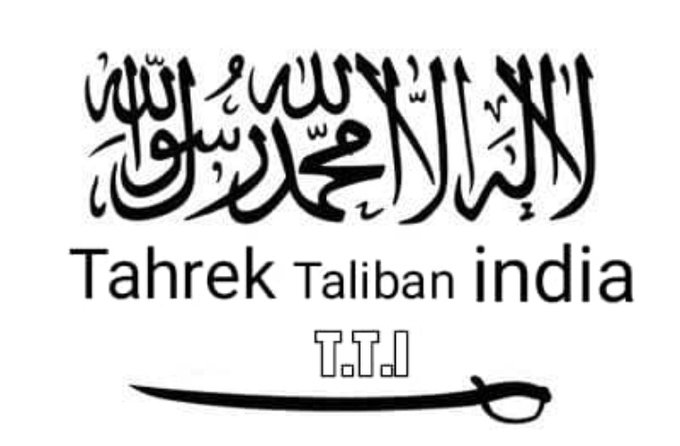UNITED NATIONS ( Web News )
A Pakistani diplomat told a briefing session at the United Nations that the work of the UN Security Council’s 1267 al-Qaeda sanctions committee has been politicized by a Council’s non-permanent member — a reference to India — as he said it blocked efforts to blacklist Tehreek-i-Taliban (TTP) terrorists attacking Pakistan.
“On many occasions, the committee has not taken into account the credible information provided by member states that meets the evidence-based criteria requirement and resorted to blocking of listing proposals without any reasonable grounds or justification, ” Pakistani delegate Muhammad Jawad Ajmal told a joint briefing of the 1267 committee and the 1988 sanctions committee, which oversees the sanctions measures imposed by the Security Council.
“In this regard,” he added , “it is noteworthy to highlight that one non permanent member of the Security Council has politicized the sanctions regime by using its position in the Council to block all efforts to prevent individuals involved in planning and supporting terrorist attacks that are being carried out by the TTP against Pakistan.”
The Pakistani delegate said that such listing proposals have very recently been blocked by “one member state for political purposes”, highlighting the discriminatory approach towards the designation of individuals aiding and abetting terrorism.
In his remarks, Ajmal, a first secretary in the Pakistan mission to the UN, also called for the 1267 sanctions committee to enhance the transparency of Security Council’s sanctions regime and to address some of the inherent legal deficiencies. It should also take into account the new and emerging threats in global terrorism in the form of right wing terrorism.
“This necessitates the pressing requirement of making changes to the UN counter terrorism architecture through a comprehensive review of the sanctions regime,” he said.
As regards the 1988 Sanctions Committee, the Pakistani delegate said it must take steps to reflect the ground realities and terrorist threats from Afghanistan.
“It is high time we start listing individuals and entities that are associated and linked with listed groups such as the TTP which is actively based in Afghanistan and continues to pose a serious threat to peace and security in the region,” he said.
“We regret to see lack of progress made towards provision of Taliban travel ban exemptions that have remained suspended since August 19, 2022,” the Pakistani delegate said, adding, “Such actions that are being used as a coercive measure against the authorities in Kabul will serve no one.”
He called for sustained engagement with the de facto authorities in Kabul (Taliban) to achieve the international community’s joint objectives in Afghanistan.
At the same time, the Pakistani delegate emphasized the need for addressing the process of delisting the Taliban. A stalemate on this front will impede progress towards cooperation and dialogue with the de facto authorities, he added.

